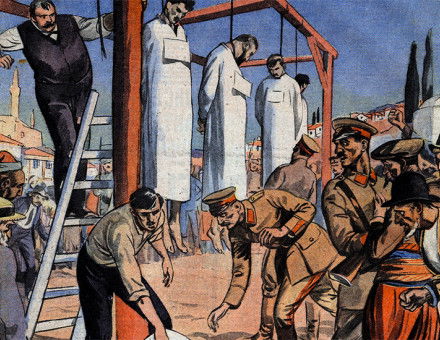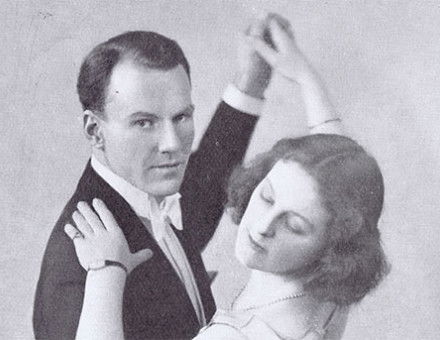Turkey’s First Coup: The 1926 Plot to Assassinate Atatürk
Turkey has a long history of coups, but the failed İzmir plot to assassinate Atatürk in 1926 had a lasting impact. One foreign journalist recorded the reprisals that followed with admiration – which soon turned to fear.






